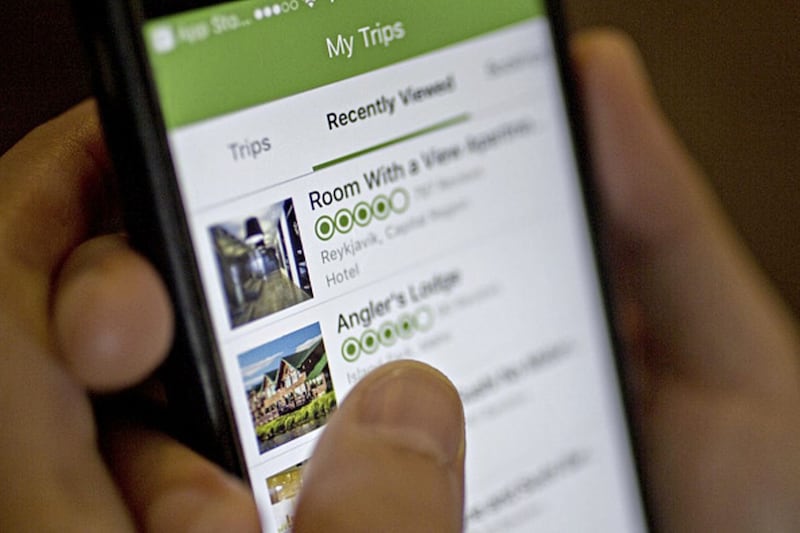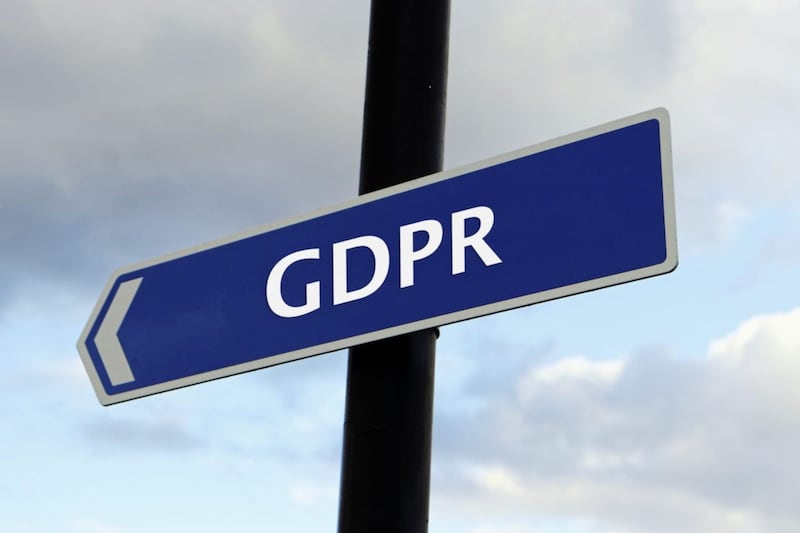THE integrity of social media is under the spotlight, but no marketer is under the illusion that such tools or platforms will disappear.
In Northern Ireland, research by OFCOM highlights how attached we are to our devices. More than three-quarters of adults (76 per cent) here own a smartphone, and nearly six in ten (58 per cent) say their smartphone is their most important device for going online, compared to just over four in ten in the UK as a whole (42 per cent).
As consumers, whilst our allegiances towards social networks and platforms may change, many marketers are anticipating that we will remain more, not less, attached to our phones and tablets. This is having a profound affect on the marketing industry – increasingly, customers are on their mobiles in stores, checking out the latest feedback online before purchasing an item. No more does the sales person’s words go unchecked; we want to hear what we perceive as ‘independent’ views from our fellow consumers.
This is why credibility around online media is so important, and especially in the area of online reviews. The Chartered Institute of Marketing’s recent research indicates that seven in ten UK consumers consult online reviews before buying a product or service.
However, most worryingly CIM has discovered that a quarter of UK consumers using online reviews believe they’ve been misled by a fake.
The recent research by CIM for BBC Five Live Investigates reveals the extent of fake online reviews in the UK. The research finds that consumers lack confidence in gauging the trustworthiness of a review.
In the survey of 1,500 people, nearly half of consumers (47 per cent) using online reviews think they have seen a fake review, while 46 per cent of respondents remained unsure. Only a very small proportion believes they had not (7 per cent).
When speaking to Chris Daly, chief executive of CIM, on this issue he highlighted to me that: “It’s really disappointing to learn that a quarter of online review users believe they have been duped by fakes. As a professional body, CIM encourages marketers to sign up to a code of conduct, committing them to behaving in an honest way. It’s our collective responsibility as marketers to tackle this challenge head on, because if we don’t, we will lose consumer trust irretrievably.”
The Competition and Markets Authority (CMA) first published advice for businesses, media agencies and publishers on online reviews and endorsements in April 2016. This puts the onus on businesses and their marketing teams to ensure compliance with consumer protection law, not the consumer to judge a brand based on the veracity of a review.
Many websites use machine-learned algorithms to spot fakes by identifying patterns in reviews. Having identified potentially fake reviews it can then be possible for sites to test the legitimacy of a review by requiring proof of purchase. However, as companies get better at identifying and removing fake reviews, so too do those wanting to leave them develop more sophisticated ways to get around them.
:: Carol Magill is CIM network manager for Ireland.









